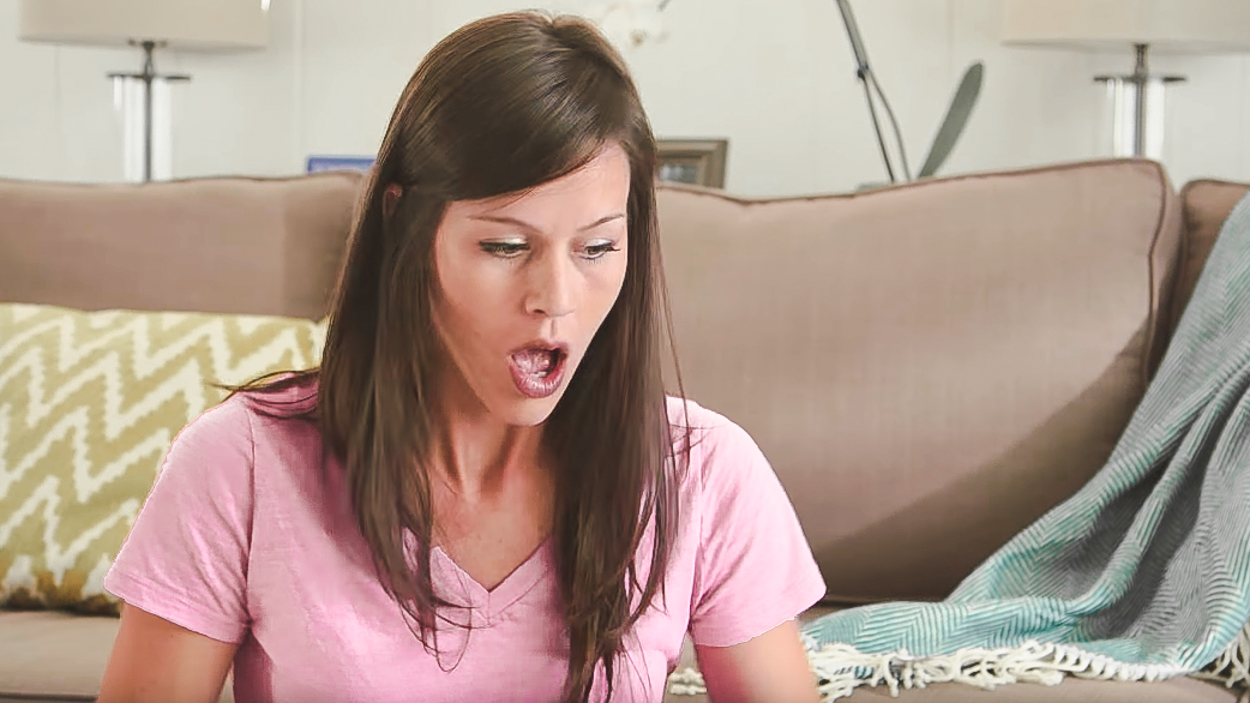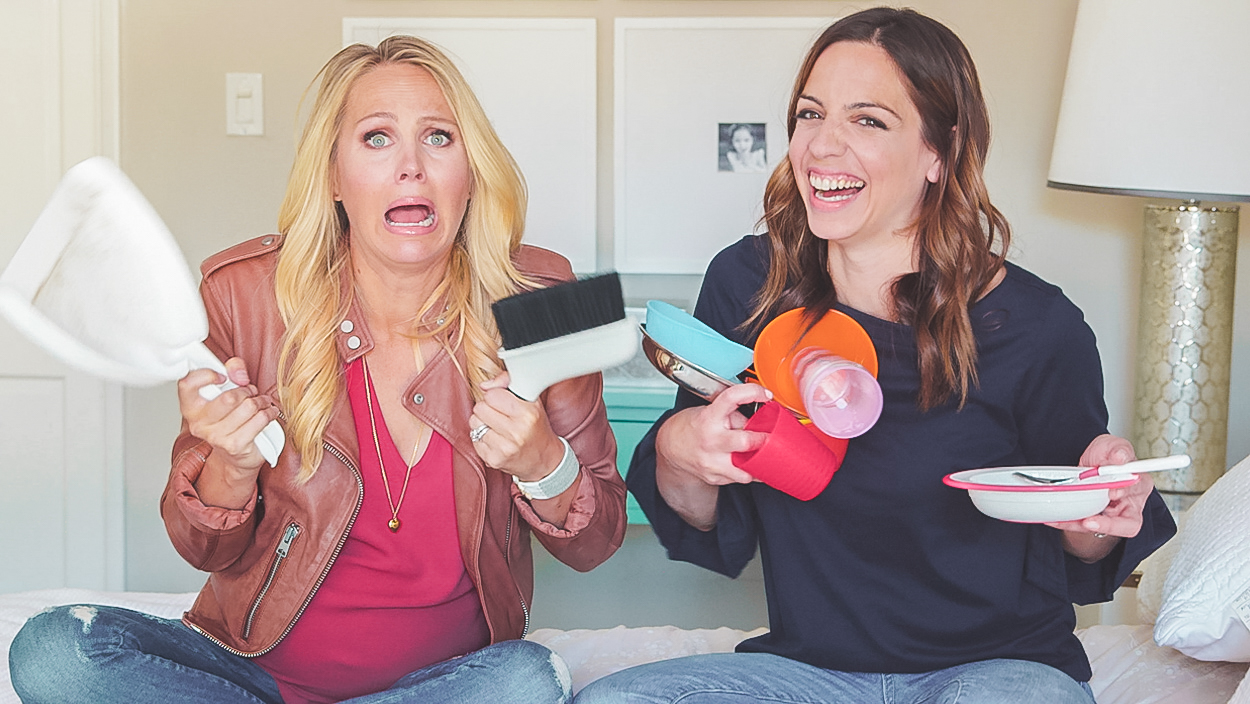

It was birthday party chit chat. We were at a six-year-old’s soiree and a mom from my daughter’s kindergarten class asked “At what point do most kids start having drop-off playdates?”
“They’re ready now!” I practically yelped, taking a swig of wine from a plastic cup. I discovered the drop-off playdate this year and it’s become my favorite thing on God’s great earth. “I’m happy to have your kids over — or send mine to your place!”
The mom looked at me aghast. “I’ll only let my kids go on a drop-off playdate if I’ve spent time with the family, preferably at their house. I just don’t want my kid picking up any bad habits.”
“Bad habits?” I asked, trying to imagine what kind of actual bad habits a kindergartner can “pick up” after two hours at a friend’s house.
“Oh, you know, being rude to the parents, not picking up after herself, that kind of thing.”
Whaaaaaat? was my first thought. It sounded so… well… controlling, and I wondered if this mom would be auditioning every family for the rest of their lives.
But deep down I knew that my judginess was born from a place of recognition, because, much as I like to think of myself as a pretty relaxed mom, I have my own helicopter tendencies — and I absolutely loathe this part of my parenting. (My particular weakness is intervening when my kid is having issues with a friend.)
Helicopter parenting is defined as being overly involved in your kid’s life. Overprotective. Over-indulging. (As opposed to, say, hovering, which feels more like a physical thing one does with a toddler who might actually fall off a ladder.) And the exchange at the birthday party that day prompted me to comb through my own helicopter tendencies to see what changes I could make, because I know that if I truly want my girl to be independent and self-sufficient — and if I want her to benefit from more of the benign neglect kids of my generation experienced — I have to back off.
Here are 9 things I’ve vowed to stop doing:
- Ordering in restaurants for my kid. She has a voice — one she seems perfectly capable of using in every other situation. She can ask for that burger herself.
- Resolving trivial conflicts with her friends. OMG, how much do I not want to use my brain-space to figure out whose turn it is to hold the wand and cast spells? She’s old enough to work it out, and my help isn’t actually helping.
- Following her around the playground. This is something that has obviously shifted over time (a baby can’t be left alone in the sandbox, after all). As my daughter has gotten older and more independent, I’ve had to let her experience that independence by… physically taking a step back. My new playground MO? I like benches a lot, and as long as I can basically see her (read: make sure she’s not being abducted), I’m happy to stay there for the duration of the afternoon.
- Telling her teacher she isn’t happy with some in-class activity. “Mama, please can you tell Ms. Kranker I don’t like to do journals?” Uh, no. If it’s that important to you, you can tell her.
- Feeding her a second dinner. I categorize this under helicoptering because it assumes that she doesn’t need to function on our family’s schedule and that I am here to accommodate her every need, even if it’s wildly inconvenient. If I’ve served dinner and she’s refused it (or only eaten part of it), I won’t take it on as my problem.
- Making sure her homework is in her backpack. Okay, this one is new — it’s her first year of homework — so I’m still feeling it out, but my policy is to remind her once and if she doesn’t remember, so be it (and then I have to resist the urge to shove it in myself.)
- Telling her what to wear. Jewish mother alert! It’s possible that she and I have different body temps but the kid never admits to being cold and I refuse to believe it. So I am constantly telling her to put on a sweater and worrying that she’ll be chilly. Well, what if she is? Maybe next time she’ll actually think of taking a sweater herself.
- Worrying about what she is or isn’t eating when she’s not at home. Each family has its own rules and my general motto is when in Rome… so I won’t (and can’t) obsess about how much candy/juice/ice cream/popsicles/lack of real nutrition she gets at so-and-so’s house.
- Asking the teacher how she’s doing. Now that my daughter’s older, I don’t get much day-to-day feedback from school, which is a massive change from the tiny, communicative preschool environment I’d gotten used to. Once again, I need to just take a deep breath. Clearly if I’m hearing nothing, she’s fine.
And I will be, too.







